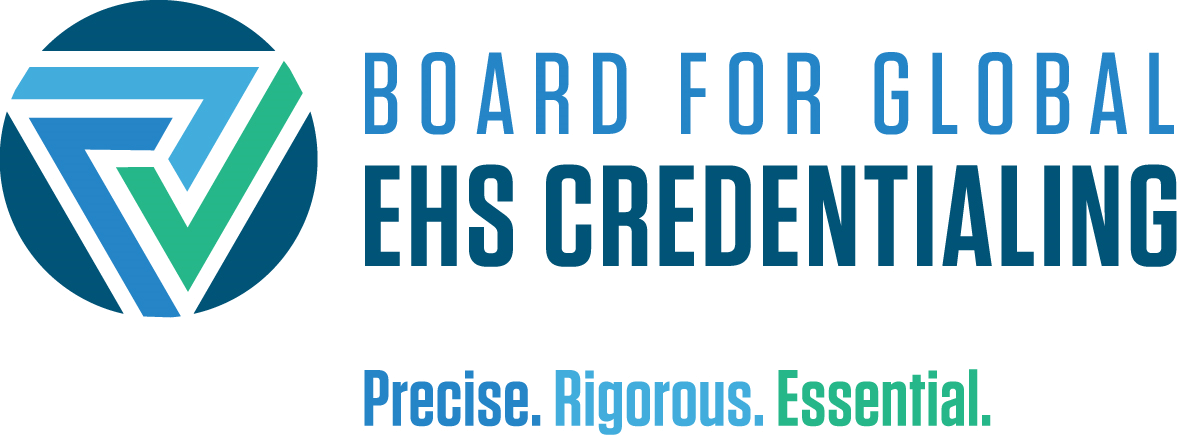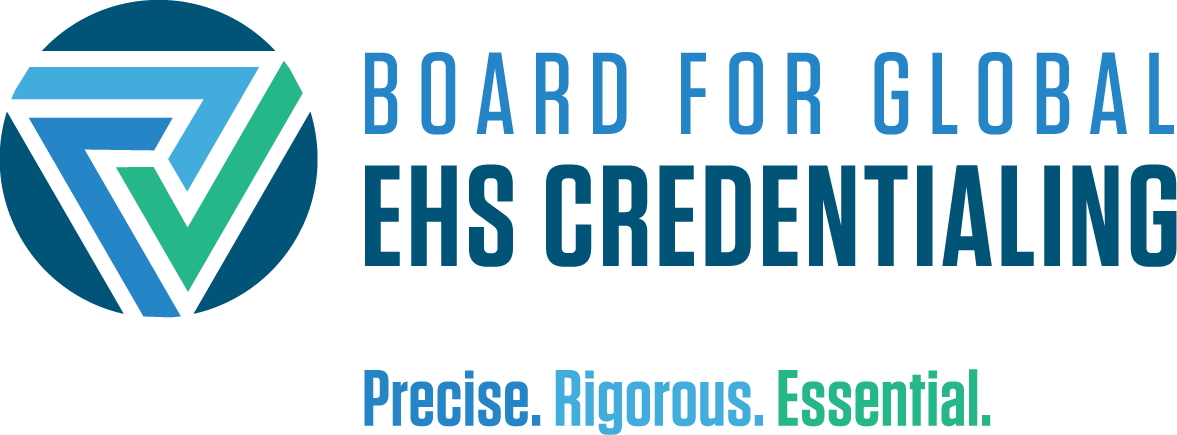Preparing for the CPPS Exam
The BGC Board encourages you to consider your knowledge and experience in the light of the examination rubrics and to assess your recognized strengths and weaknesses.
Self-study, specific training, and group discussions are recognized methods of improving perceived weaknesses. However, the Board does not endorse or support specific training courses, study guides, or other activities that are intended or purported to be preparation for its examinations.
Publications and References
BGC examination questions are supported by many sources that reflect the underlying purposes and principles of product stewardship as well as the current knowledge that is expected of the product steward. Frequently citied resources are provided below, but the list is not exhaustive:
Publications
- Fleeger, Allan K., ed. Realizing the Full Business Value of Product Stewardship. Falls Church: AIHA Product Stewardship Society, 2016.
- Hart, Gailen (Gail) A., ed. Professional Practices of Product Stewardship. Falls Church: AIHA Product Stewardship Society, 2018.
Standards
- United States Government. Toxic Substances Control Act of 1976 (TOSCA), 15 U.S.C. §2601 et seq. (1976). US Government Printing Office, 1976. (https://uscode.house.gov/view.xhtml?path=/prelim@title15/chapter53&edition=prelim)
- European Parliament and of the Council. Regulation (EC) No 1907/2006 of the European Parliament and of the Council. Brussels: Publications Office of the European Union, 2006. (https://eur-lex.europa.eu/eli/reg/2006/1907/2018-05-09)
Websites
- European Chemical Agency (ECHA). https://echa.europa.eu. 2020.
Sample Questions
The following are provided to familiarize you with the nature and form of questions that may be found in the Board’s examinations. Their subject matter and level of difficulty do not necessarily reflect the content of BGC examinations.
- Which of the following models represents the best practice for a robust product stewardship program?
- See, say, fix, and watch
- Hire, teach, train, and guide
- Look, listen, speak, and act
- Plan, do, check, and act
- What is the best time to advocate to an industry working group or trade association due to a government ruling?
- When a government ruling places adverse labelling on a product
- When a company possesses robust data to dispute a government ruling
- When a government ruling has unfavorable effects on product sales
- When a company feels public perception may change due to ruling
- Which of the following can be claimed as confidential business information (CBI) under the U.S. Toxic Substances Control Act (TSCA)?
- Safety studies, where the chemical has been offered for commercial distribution
- General information describing manufacturing tonnages/volumes
- Precise chemical name of a new molecule offered for commercial distribution
- Process conditions that customarily would be shared with the general public
- Which of the following refers to the regulatory framework designed to protect the Australian people and the environment by assessing the risks of industrial chemicals and providing information to promote their safe use?
- TSCA
- NICNAS
- ECHA
- PMDA
CPPS Candidate Handbook






